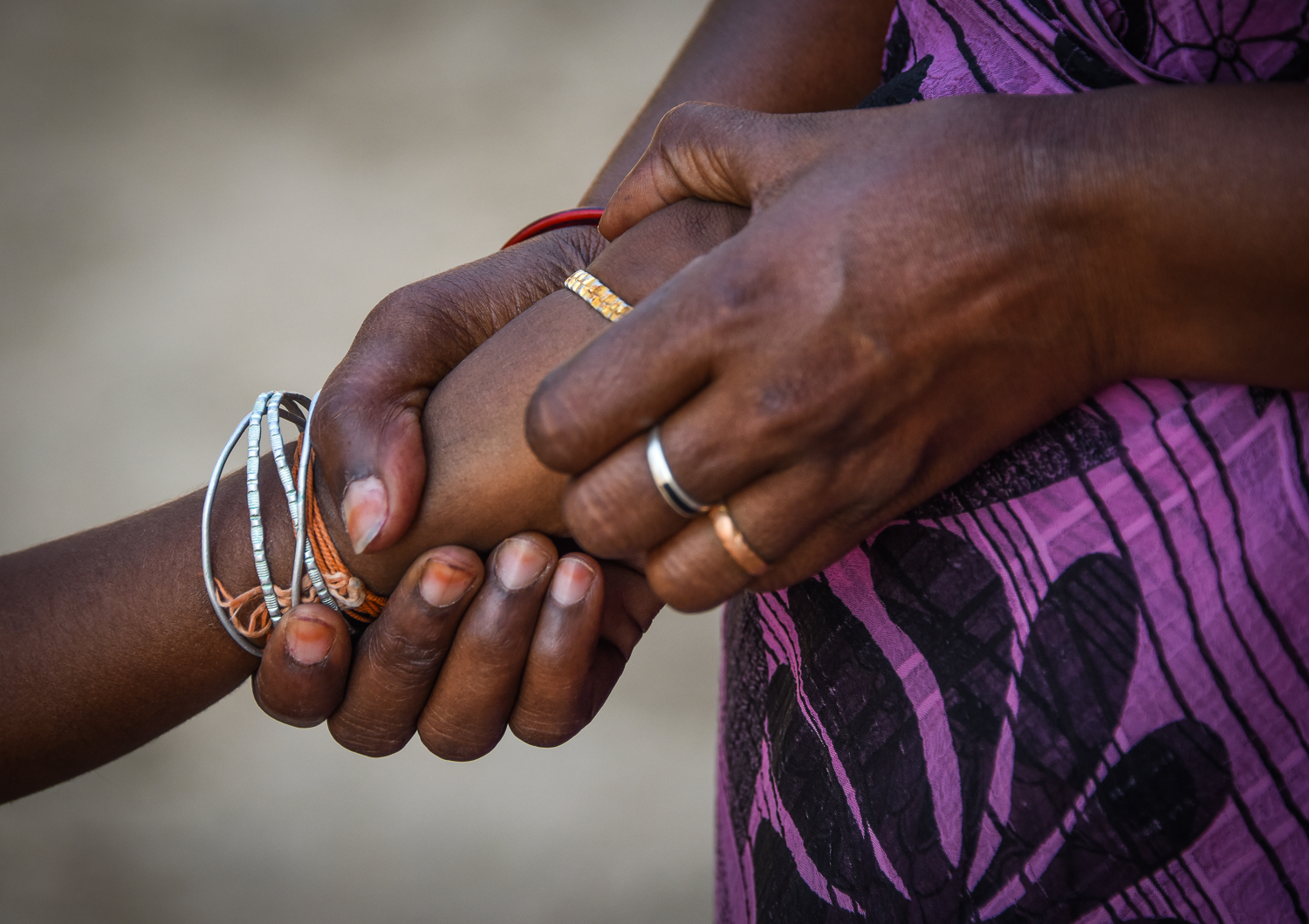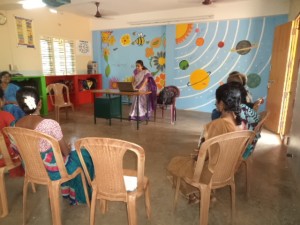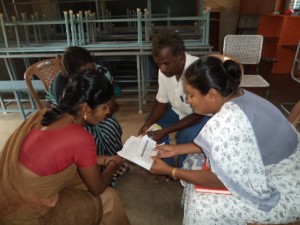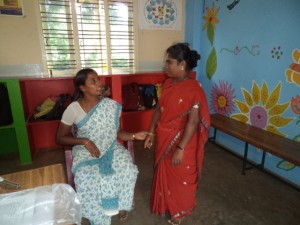Child abuse is explained as the physical, sexual or emotional maltreatment or neglect of a child or children. Child abuse can occur in a child’s home, or in the organizations, schools or communities the child interacts with. While physical abuse might be the most visible, other types of abuse, such as emotional abuse and neglect, also leave lasting scars on children. The earlier abused children get help, the greater chance they have to heal and break the cycle—rather than perpetuate it. By learning about common signs of abuse and one can intervene and make a huge difference in a child’s life.
The Miracle Foundation recently conducted a training session on Caregiver Child Abuse Prevention at Cornerstone children’s home. The participants included all the members of the administrative, caregiving and support staff of the organization. Mr. Isaac, the founder of Cornerstone commenced the program by explaining the importance of child protection to the audience. He emphasized the need for Child protection services and the responsibility of every adult to give a safe and secure environment for the children. He also explained the process Cornerstone followed to develop the Child Protection Policy. As a part of the initial activity the participants were made to play Chinese whispers. Though the game was a fun one it helped the participant to realise the impact of a distorted fact while reporting a case of child abuse. The importance of handling a sensitive issue like child abuse with utmost care was stressed upon. They were helped to understand that if they distorted information related to child abuse it may adversely affect the child and the home. The participants were further given a case study to analyse and seek solutions to.
When questioned about how the participants will report a child abuse they thought about it and answered that they would report the case to Chief Functionary or Social Worker. It was also emphasized that a verbal report could tend to be distorted just like the Chinese whispers game. Therefore the participants were insisted on giving the report in writing. To let them get a clearer view a sample reporting format was given to all the participants. The reporting format was explained elaborately with an example. It was also emphasised that since abuse is a sensitive issue utmost care should be taken in maintaining confidentiality. It was also emphasized that listening skills need to be an important part of the daily life while dealing with children.




